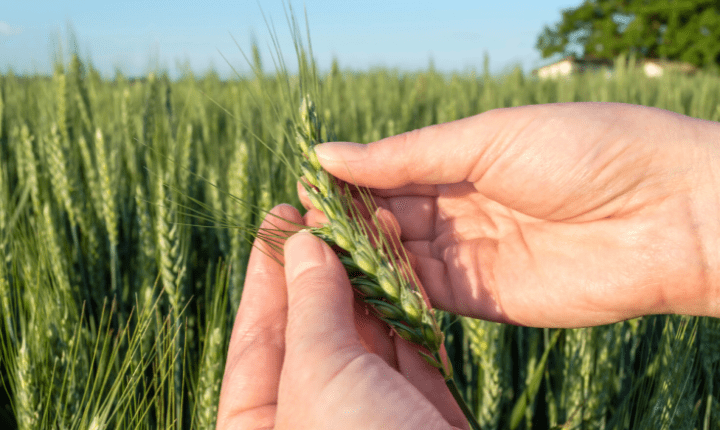The two questions from whisky drinkers in Malaysia when I mention organic whisky is – Why? Does it affect the taste? (You’ve got to love our Malaysian sense of direct practicality and functionality).
Benromach was one of the first ones to make organic whisky in 2006 and when I asked Michael Urquhart why, he very confidently retorted: “Because we can”. In recent times, COP26 and the conversations of ‘net zero’ seem to give more meaning to the existence of organic whisky.
To be an organic whisky, you need to start from certified organic barley (or grain), which incidentally costs 50-100% more than the non-organic. All facilities within the distillery also need to be inspected to ensure that methods don’t mix the non-organic with the organic grains. So really, it’s not just a case of throwing organic barley into the pot, so to speak.
Does it affect the taste? I don’t know. Some people insist that organic barley makes a more malty, bready whisky as the low-yield barley is different. So I’m on a mission to taste my way to an answer, starting with the Benromach Organic, followed by the three Deanston organic expressions: Deanston Organic 15 Year Old, Deanston 2002 17 Year Old Organic PX, and its twin, the Deanston 2002 16 Year Old Organic Oloroso. I might even start with an organic Montelobos Espadin Mezcal, in the name of research. 😇
So instead of asking “why organic?”, perhaps you should be asking “why not?”
Order any of the whiskies mentioned and use the promo code ORGANICRESEARCH from now until the end of Nov for a 10% off listed price.


